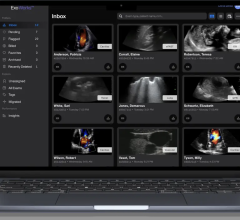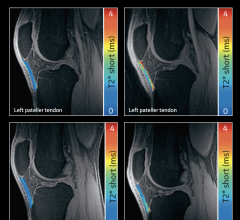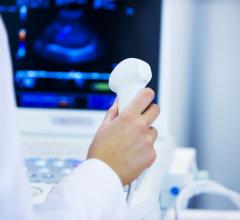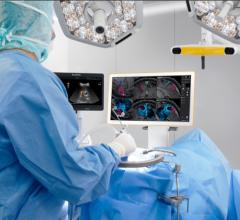
April 6, 2017 — Philips announced a multi-year strategic alliance with B. Braun Melsungen AG, which specializes in regional anesthesia and pain management, to innovate ultrasound-guided regional anesthesia and vascular access. Ultrasound-guided regional anesthesia is a rapidly growing alternative to general anesthesia.
The companies are jointly developing and commercializing solutions to support anesthesiologists and hospitals in critical areas of regional anesthesia. These solutions are intended to enhance needle visualization and guidance, as well as optimize procedure workflow and resource planning. The alliance will also focus on vascular access procedures, such as those used to insert catheters into deeply seated veins as part of a catheter-based treatment.
As a platform on which to implement their joint innovations, Philips and B. Braun are launching the new Xperius ultrasound system, which will be available in a cart and ultra-mobile tablet version. Based on the input of clinical experts, Xperius was specifically designed to support the needs in regional anesthesia at the point of care. The system offers an intuitive user interface and exceptional image quality for confident needle targeting and positioning, according to the companies, as well as ergonomic features such as the articulating arm.
Xperius complements B. Braun´s offering in the field of ultrasound-guided regional anesthesia, which includes the newly launched peripheral nerve block portfolio comprising Stimuplex Ultra 360 and Contiplex Ultra 360. It has also been specifically designed to support future innovations for needle visualization and guidance. The two companies will offer education, training, service and support that will enable anesthesiologists and healthcare providers to extract maximum benefit from the system.
Regional anesthesia or analgesia involves the injection of an anesthetic in the proximity of a nerve, targeting areas of a patient’s body that are subject to surgical intervention. Regional anesthesia can have significant advantages over general anesthesia for both patients and hospitals. Patients undergoing regional anesthesia typically benefit from reduced opioid consumption and fewer side-effects, such as nausea. Moreover, regional anesthesia may lead to faster post-surgical recovery, allowing patients to ambulate or leave the hospital sooner, which benefits both patients and hospitals.
However, regional anesthesia and especially peripheral nerve blocks are not easy to perform. Maximizing anesthetic effectiveness and preventing damage to the targeted nerve or other tissue structures depends on the accurate placement of the needle tip through which the anesthetic will be injected or a catheter will be placed. Hence, there is a real need for innovations that continually improve the safety, effectiveness, and efficiency of regional anesthesia procedures.
The Xperius platform will be co-branded and sold via B. Braun’s global sales network, with Philips providing installation and service.
For more information: www.bbraunusa.com

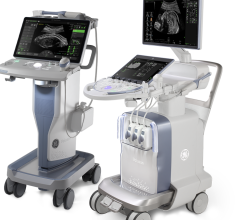
 July 19, 2024
July 19, 2024 



